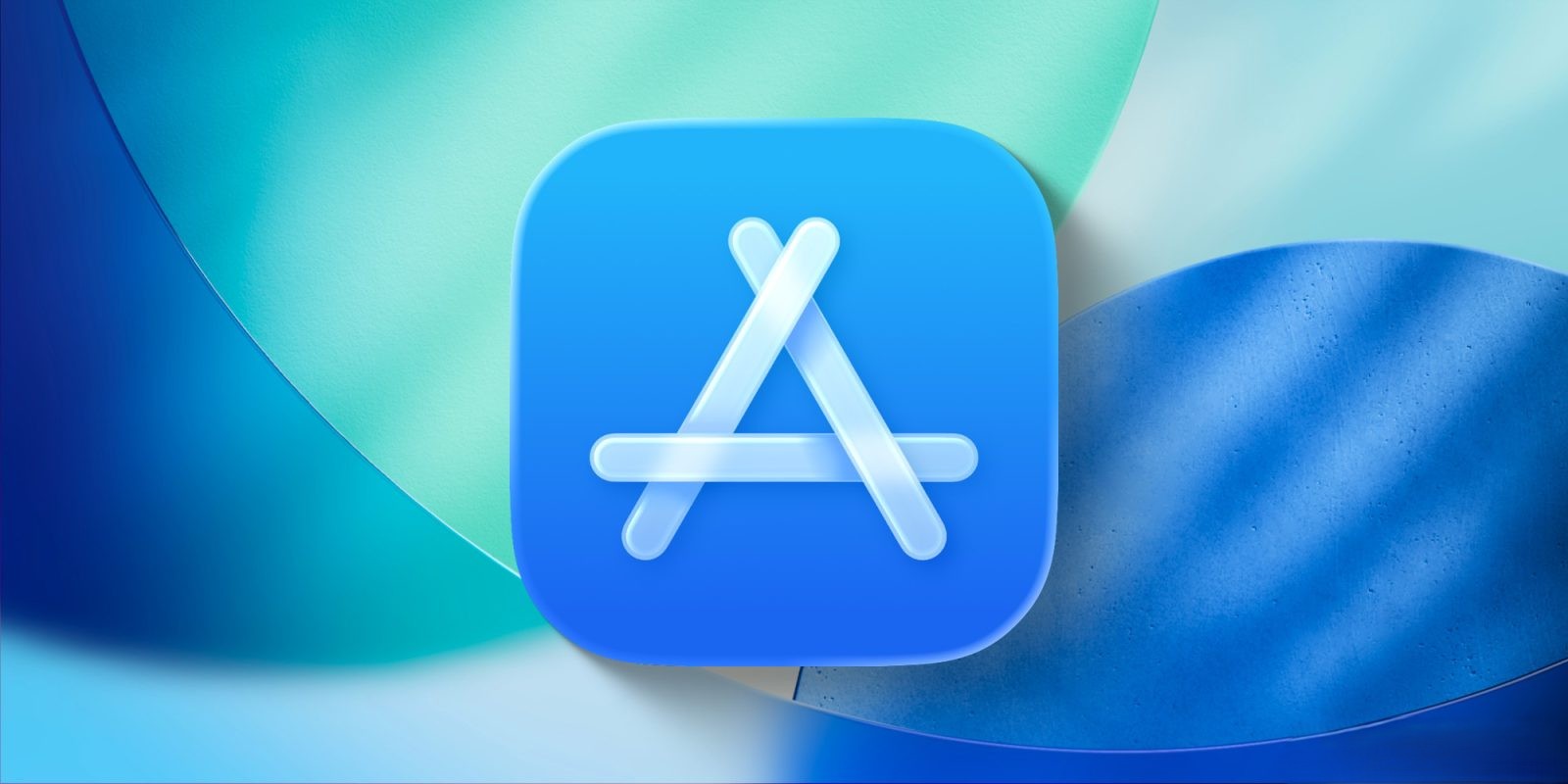In a significant move reflecting the tightening regulatory landscape for digital assets, Apple has removed 14 cryptocurrency applications from its App Store in South Korea. This action was taken at the behest of the country’s Financial Services Commission (FSC), which identified these apps as operating without proper authorization.
The affected applications include those associated with prominent cryptocurrency exchanges such as KuCoin and MEXC. The FSC’s directive underscores the necessity for virtual asset service providers to register with the Financial Intelligence Unit (FIU) before conducting business within South Korea. Failure to comply with this requirement can result in severe penalties, including imprisonment for up to five years.
This development is part of a broader initiative by South Korean authorities to regulate the burgeoning cryptocurrency market. In March 2025, the FSC requested that Google block access to 17 cryptocurrency apps, a measure that took effect on March 25. The subsequent request to Apple, which led to the removal of the 14 apps by April 11, indicates a concerted effort to enforce compliance among digital asset platforms operating in the country.
The FSC’s actions are rooted in concerns over consumer protection and the prevention of illicit activities such as money laundering. By ensuring that all cryptocurrency exchanges operating within South Korea are properly registered and regulated, the FSC aims to create a safer and more transparent environment for investors and users.
Apple’s compliance with the FSC’s request highlights the tech giant’s commitment to adhering to local laws and regulations. This is not the first time Apple has taken steps to regulate cryptocurrency-related applications on its platforms. In 2018, Apple updated its App Store guidelines to prohibit apps from running unrelated background processes, such as cryptocurrency mining, due to concerns over device performance and user experience.
The removal of these apps may have significant implications for the cryptocurrency market in South Korea. Users who previously relied on these platforms for trading and managing digital assets will need to seek alternatives that are compliant with local regulations. This could lead to increased adoption of domestic exchanges that have fulfilled the necessary registration requirements, thereby strengthening the local cryptocurrency ecosystem.
Moreover, this move sends a clear message to other unregistered cryptocurrency service providers operating in South Korea. Compliance with regulatory requirements is not optional, and failure to adhere to the law will result in enforcement actions, including the removal of applications from major platforms like the App Store and Google Play.
The global cryptocurrency industry is closely watching these developments, as they may set a precedent for how other countries approach the regulation of digital assets. As governments worldwide grapple with the challenges posed by the rapid growth of cryptocurrencies, the actions taken by South Korean authorities and the compliance by major tech companies like Apple could serve as a model for balancing innovation with consumer protection and regulatory oversight.
In conclusion, Apple’s removal of 14 cryptocurrency apps at the request of South Korea’s FSC marks a significant step in the country’s efforts to regulate the digital asset market. It underscores the importance of compliance with local laws and the role of major tech companies in enforcing these regulations. As the cryptocurrency landscape continues to evolve, such measures are likely to become more common, reflecting the need for a harmonized approach to digital asset regulation that ensures both innovation and consumer safety.



